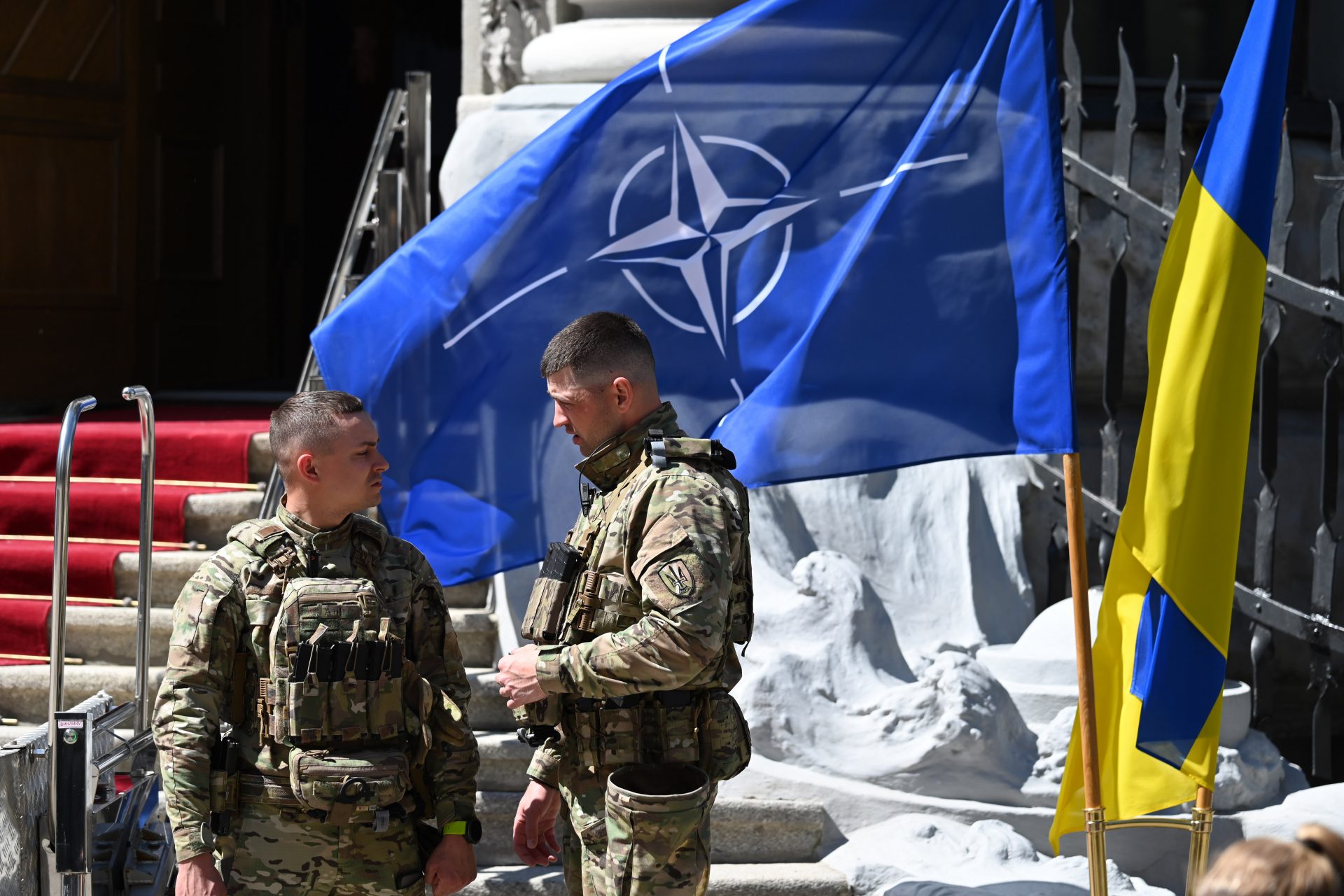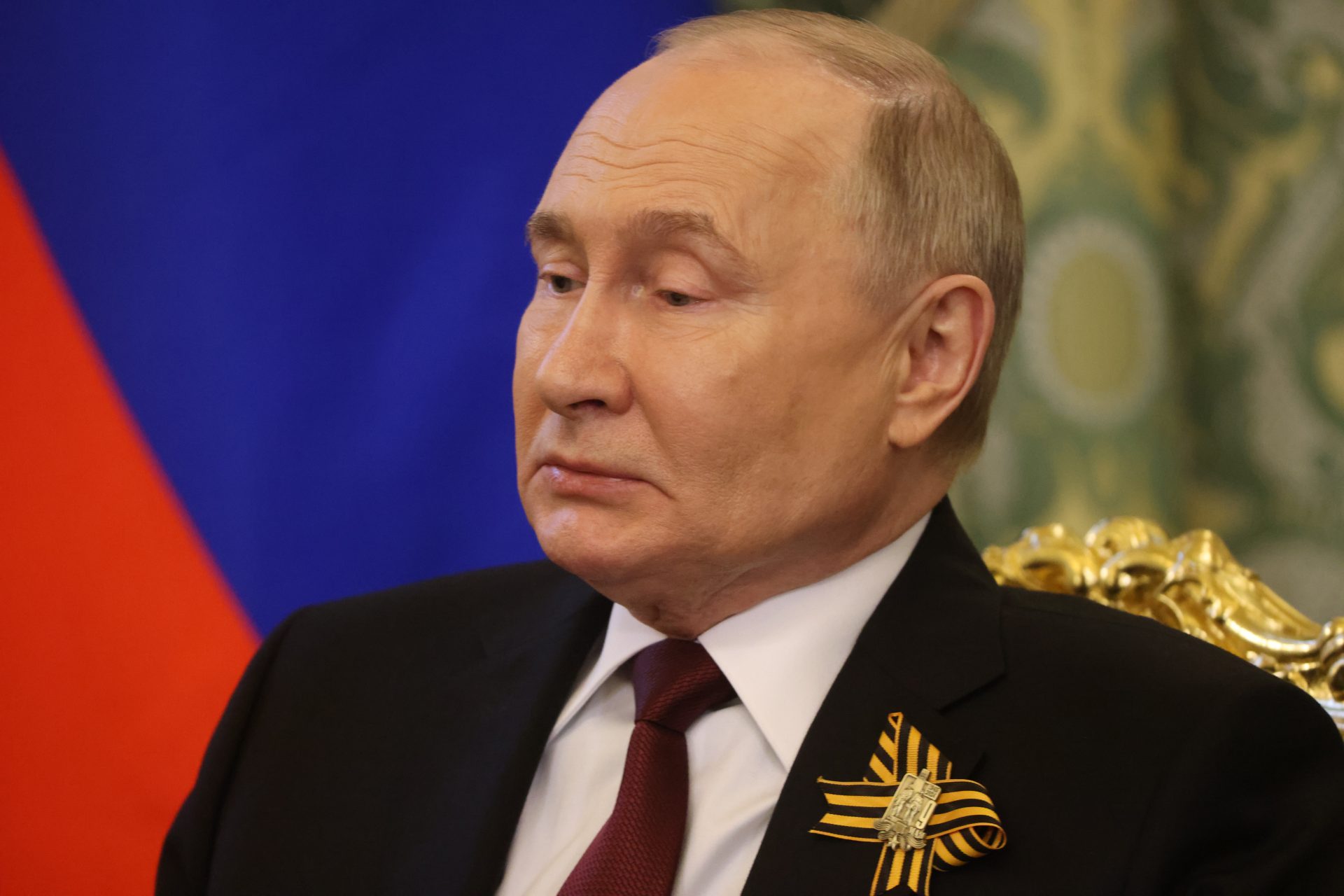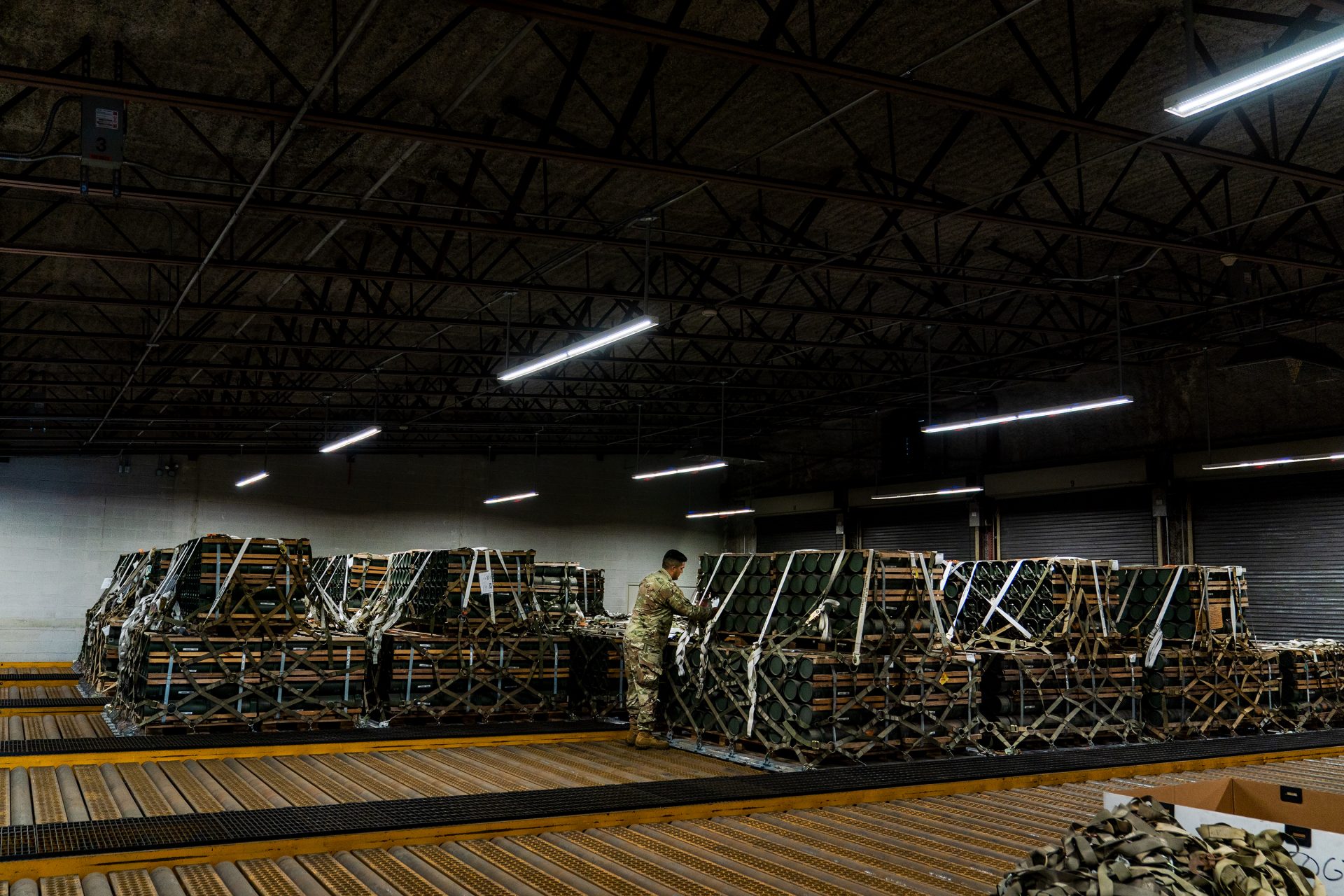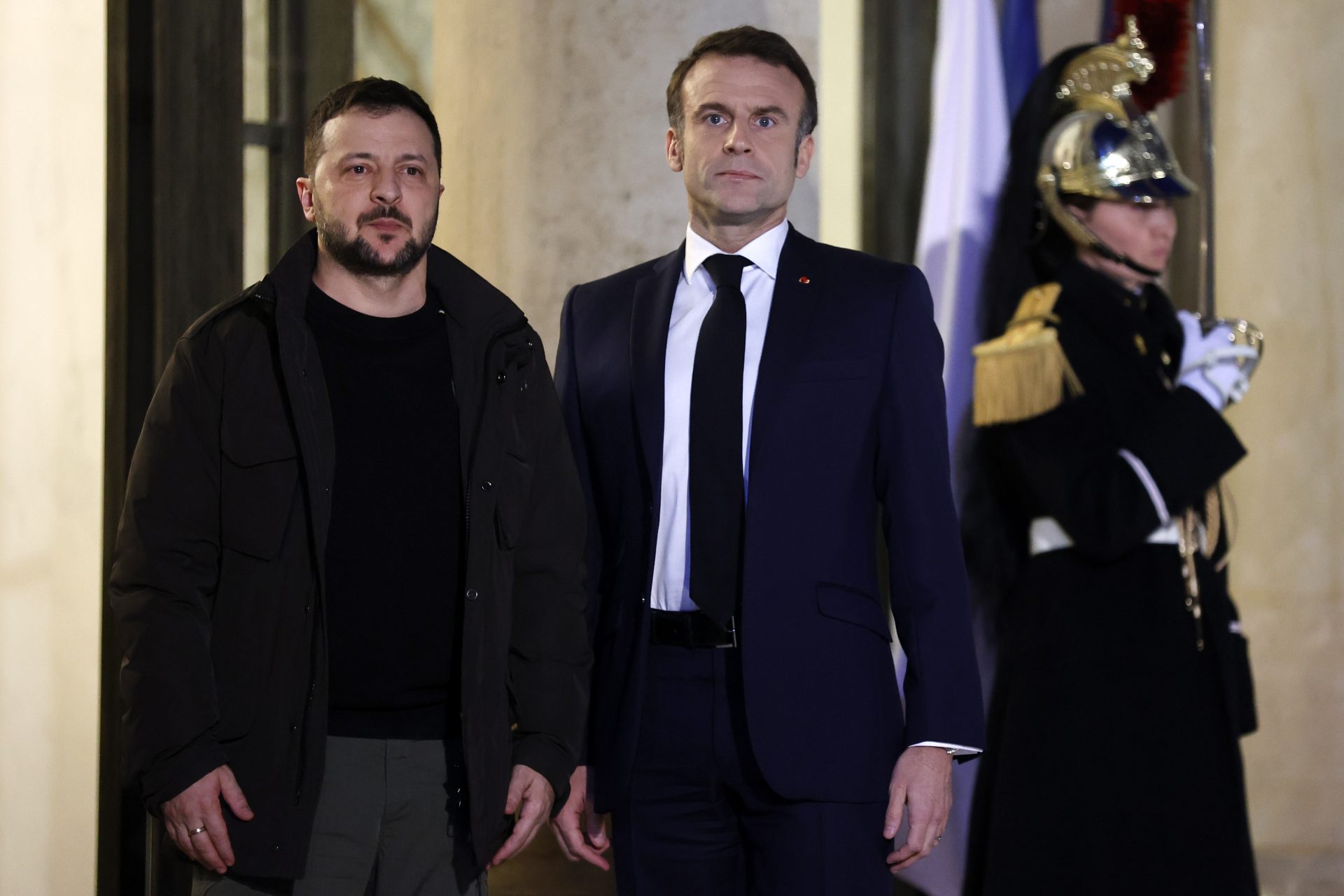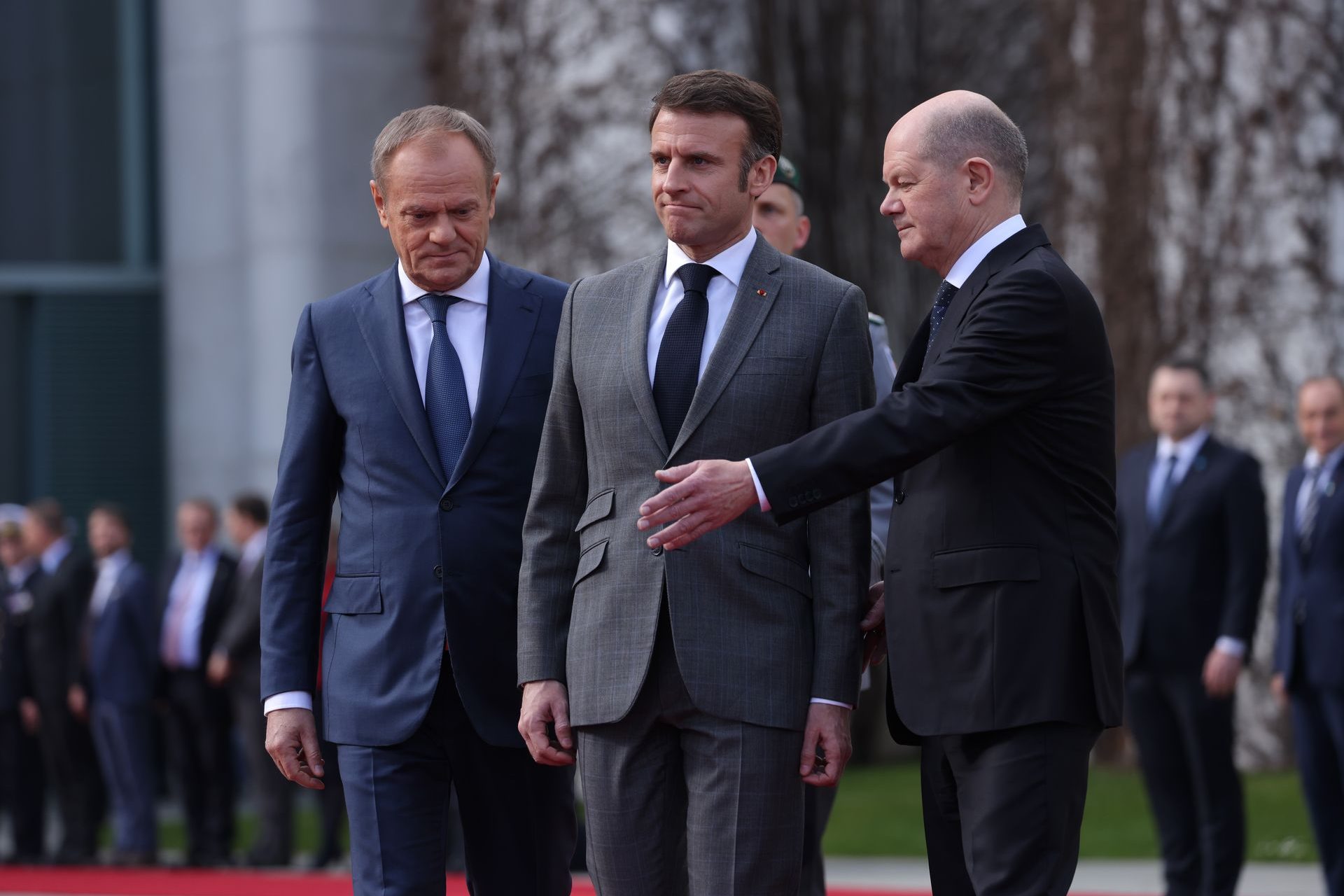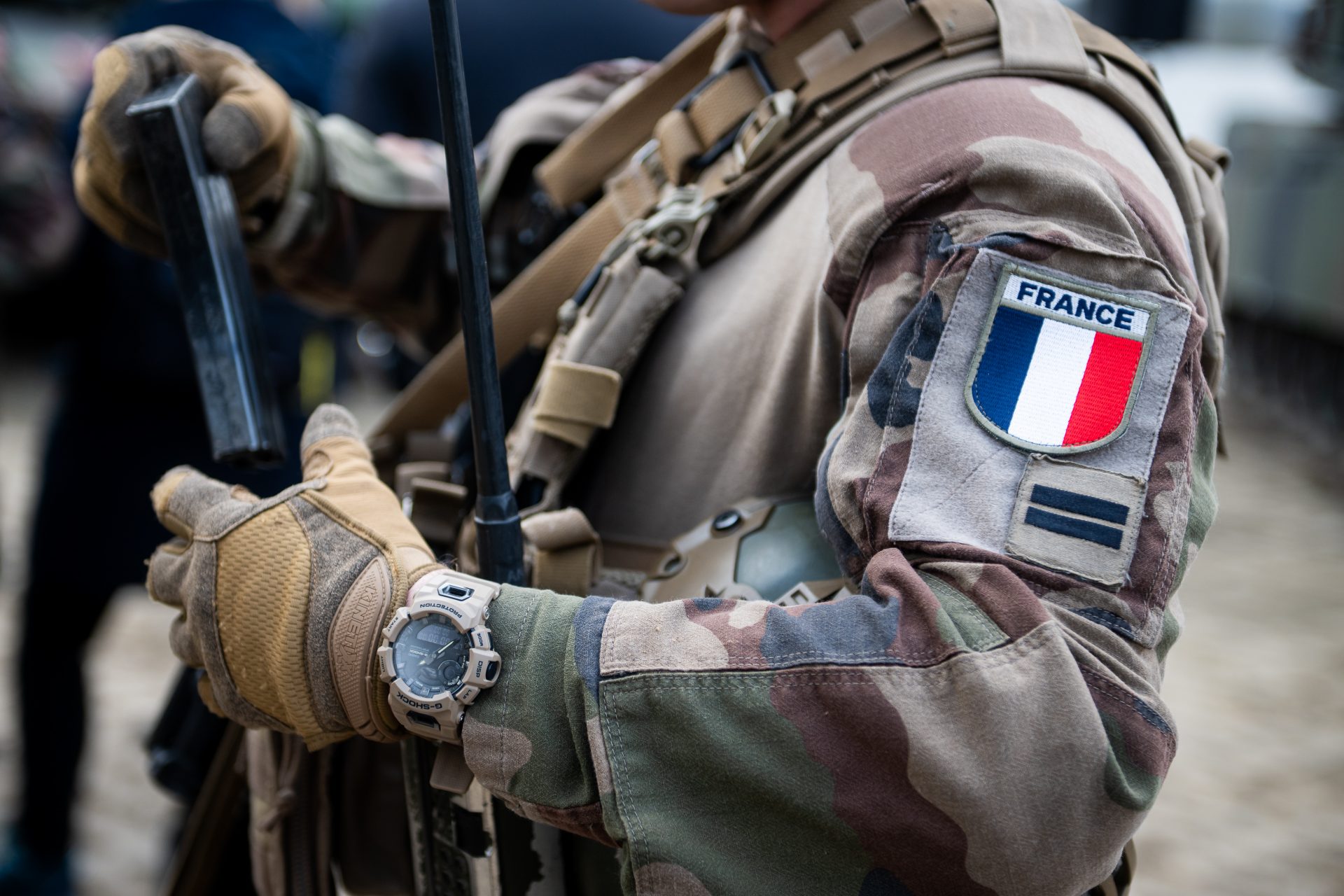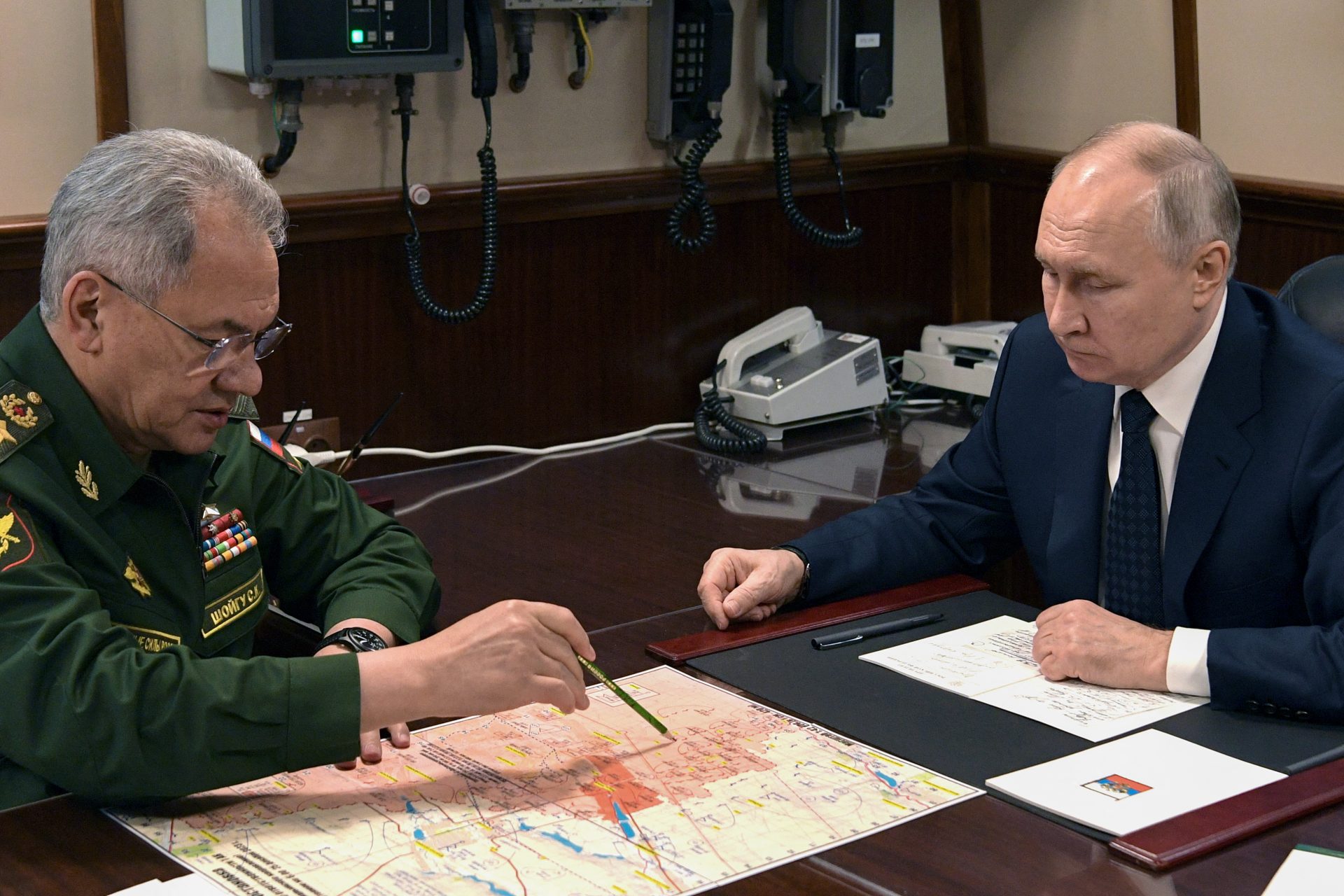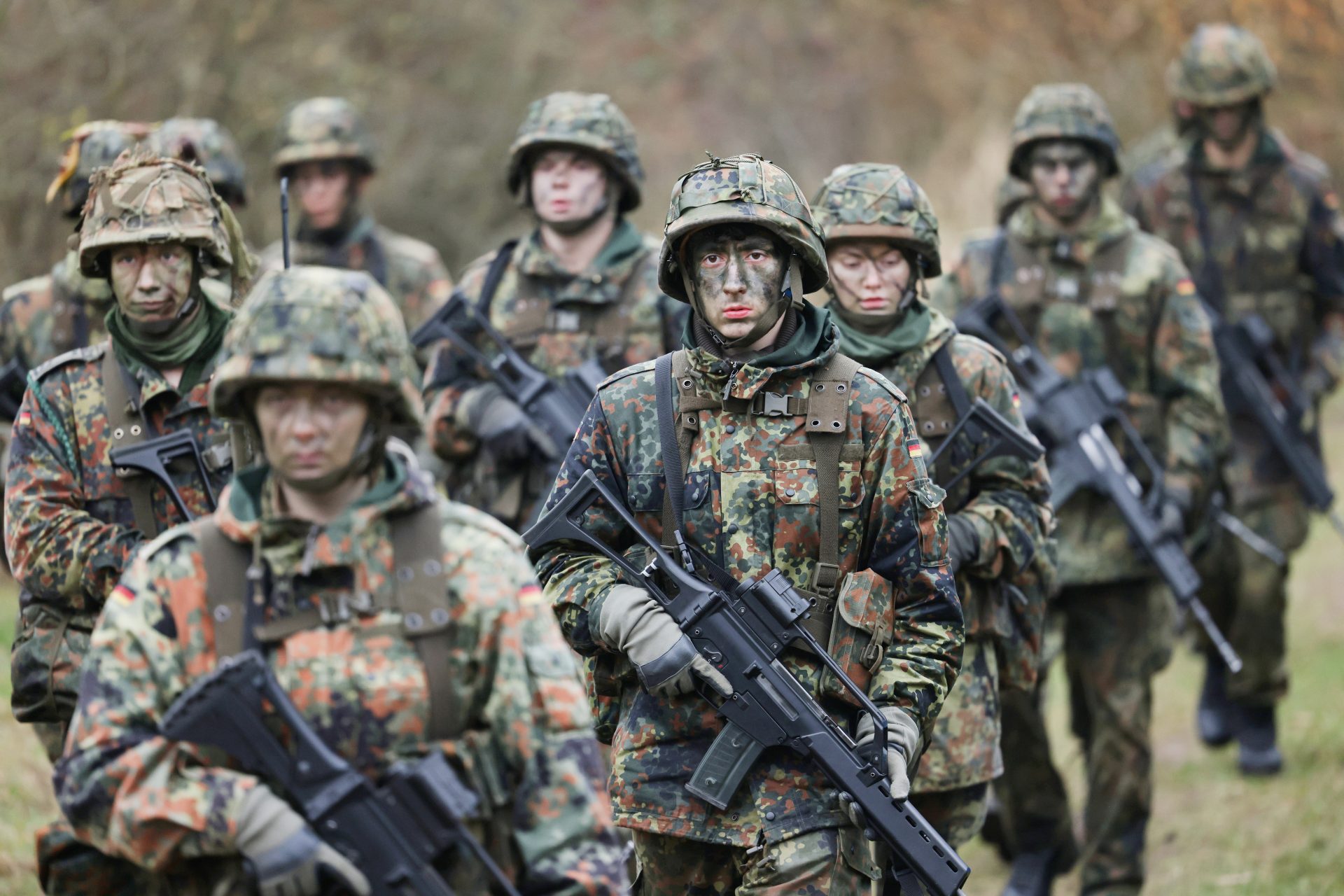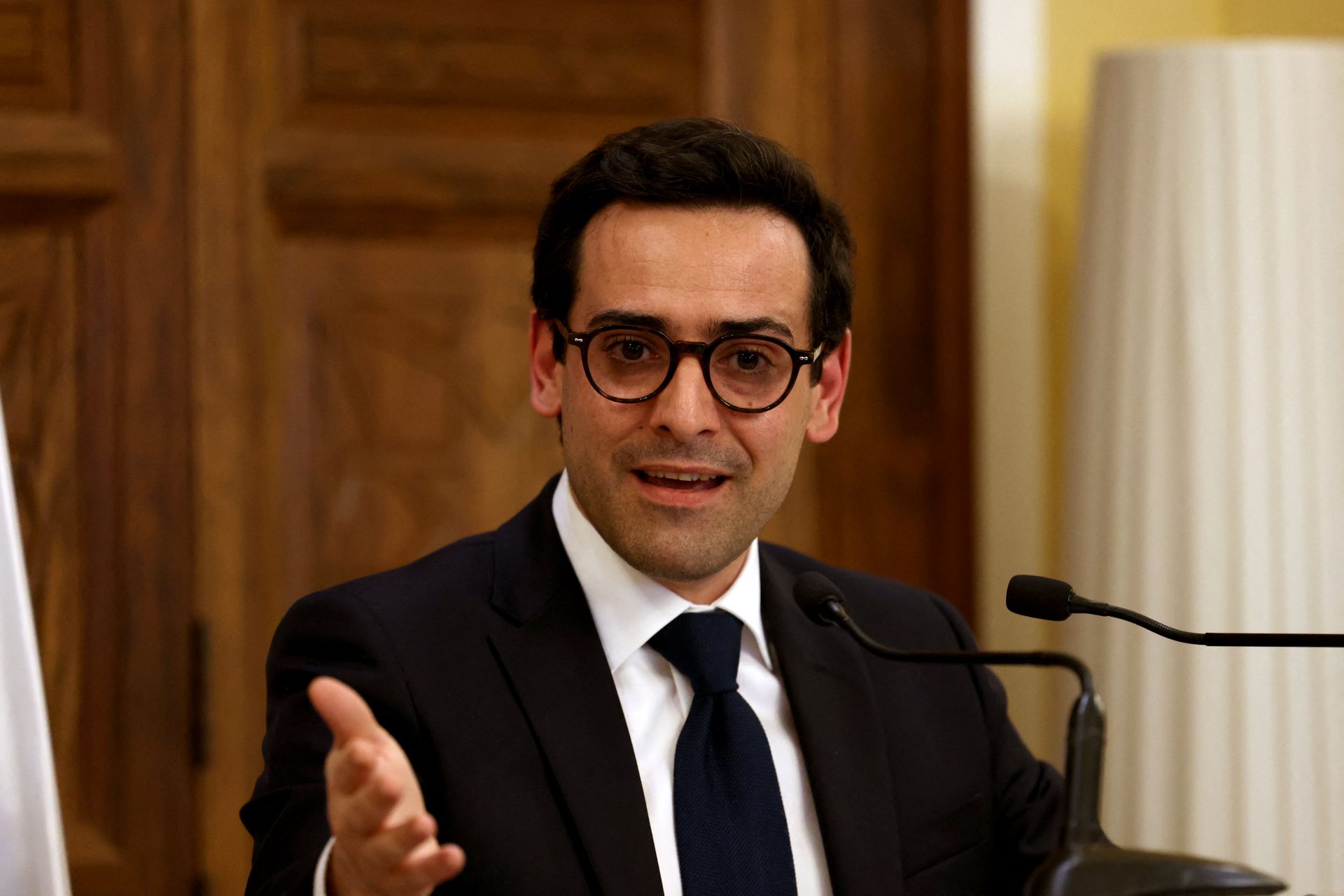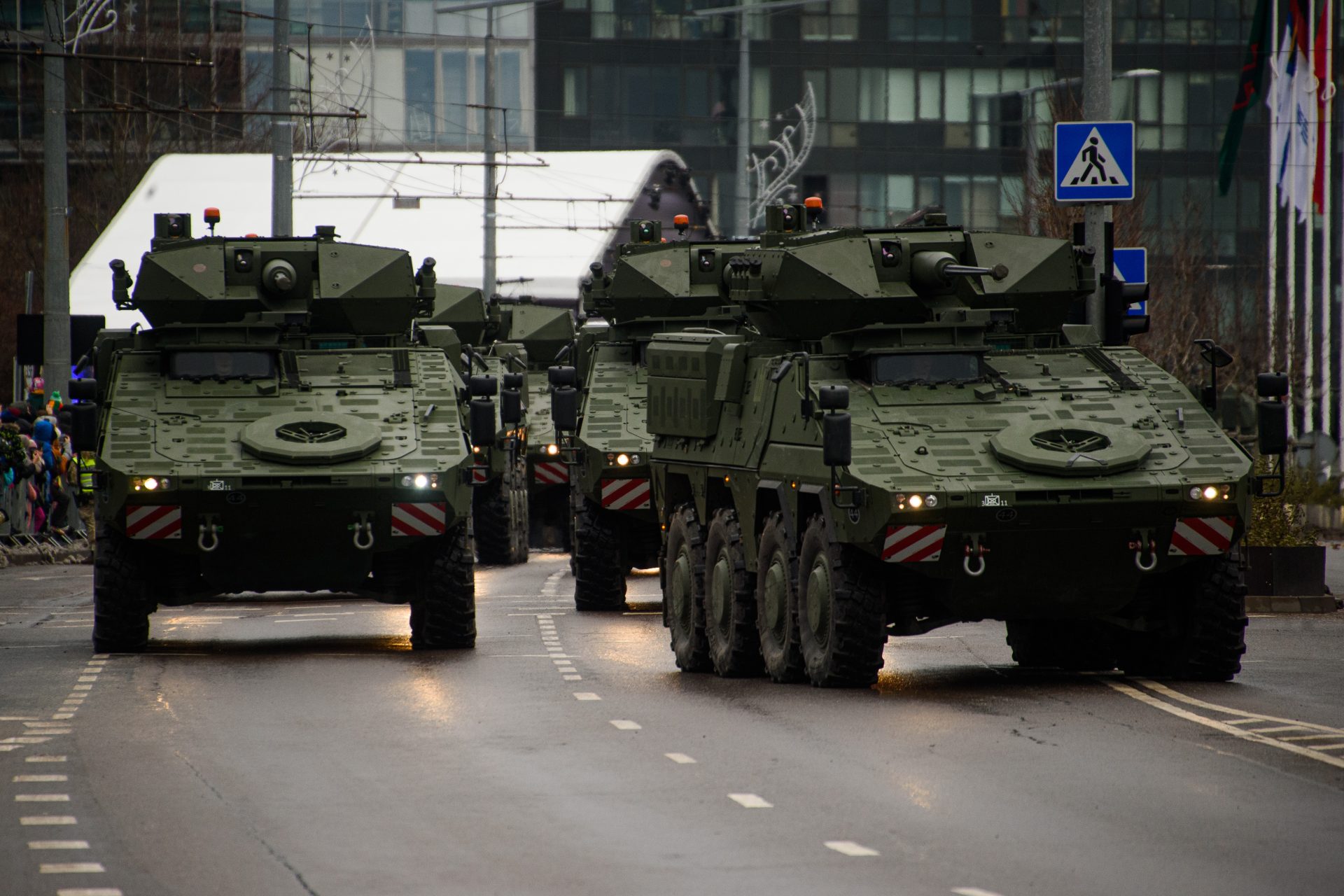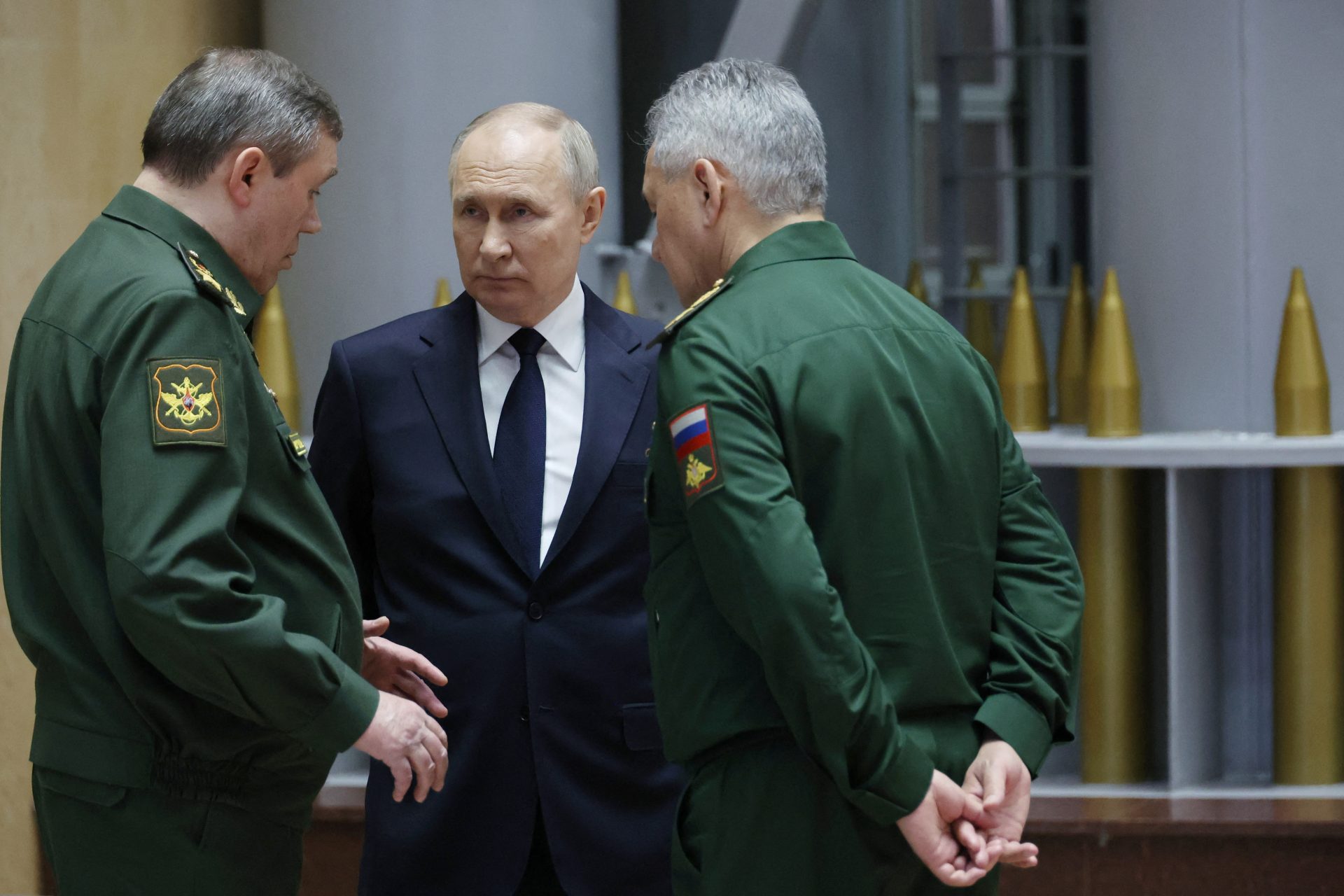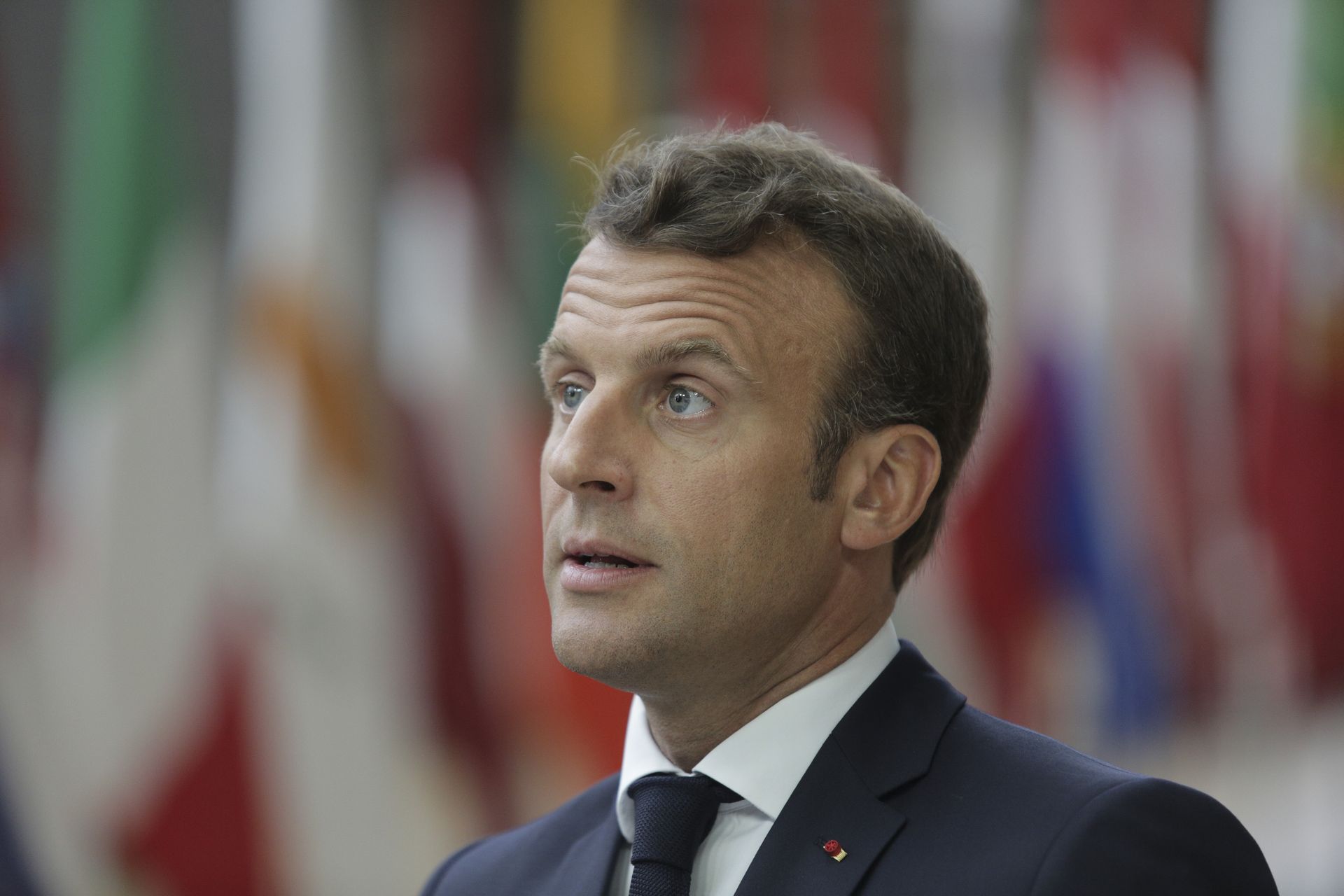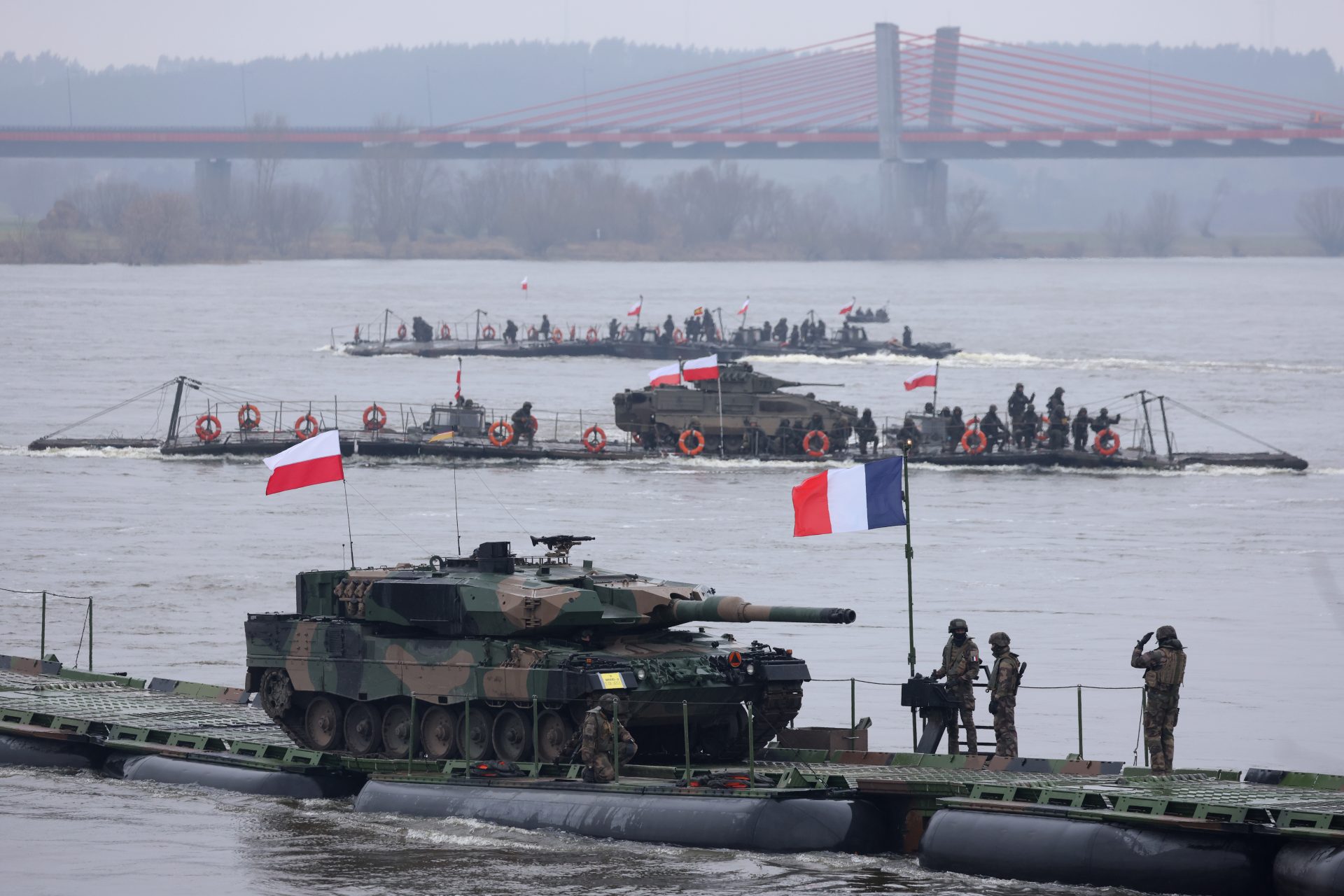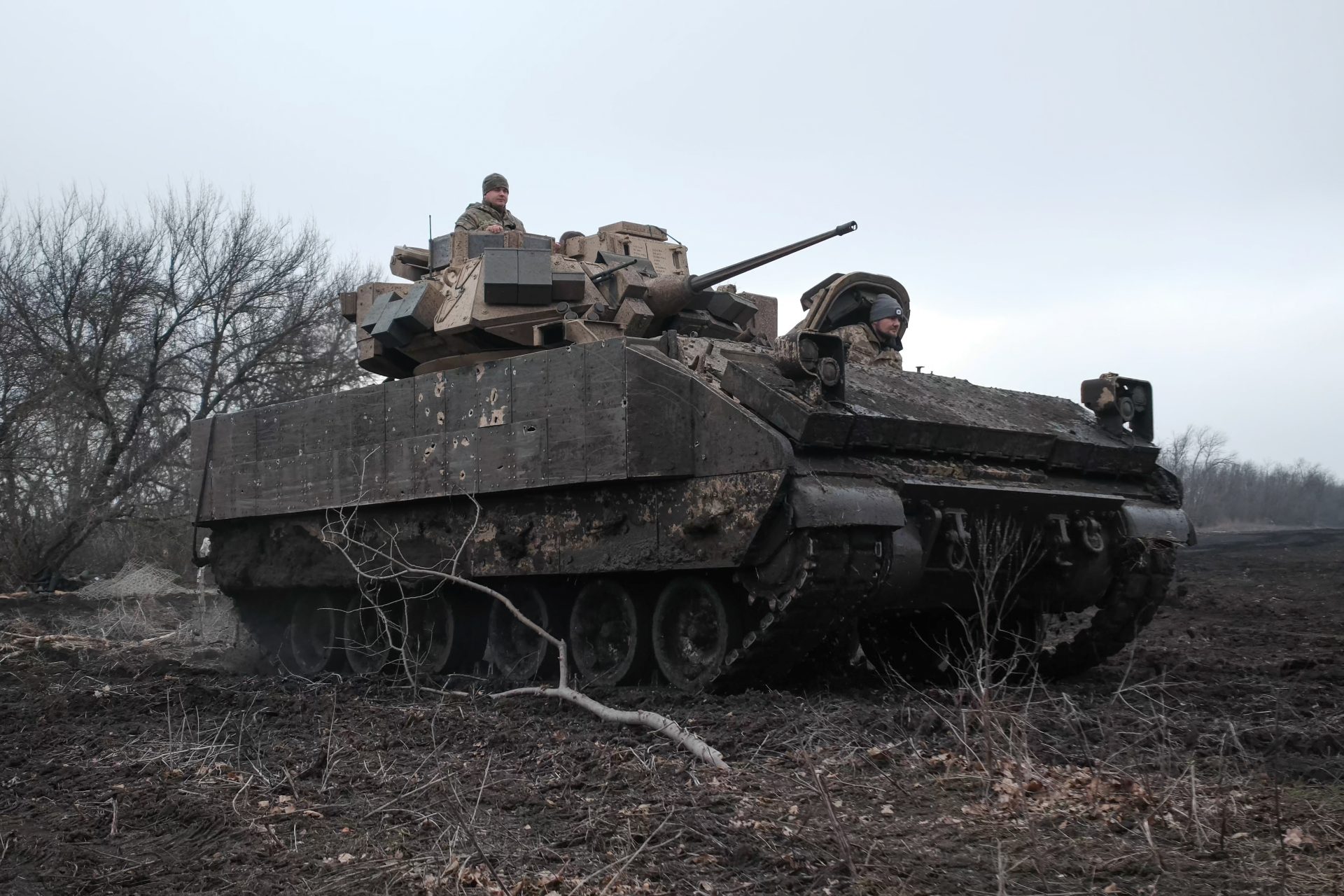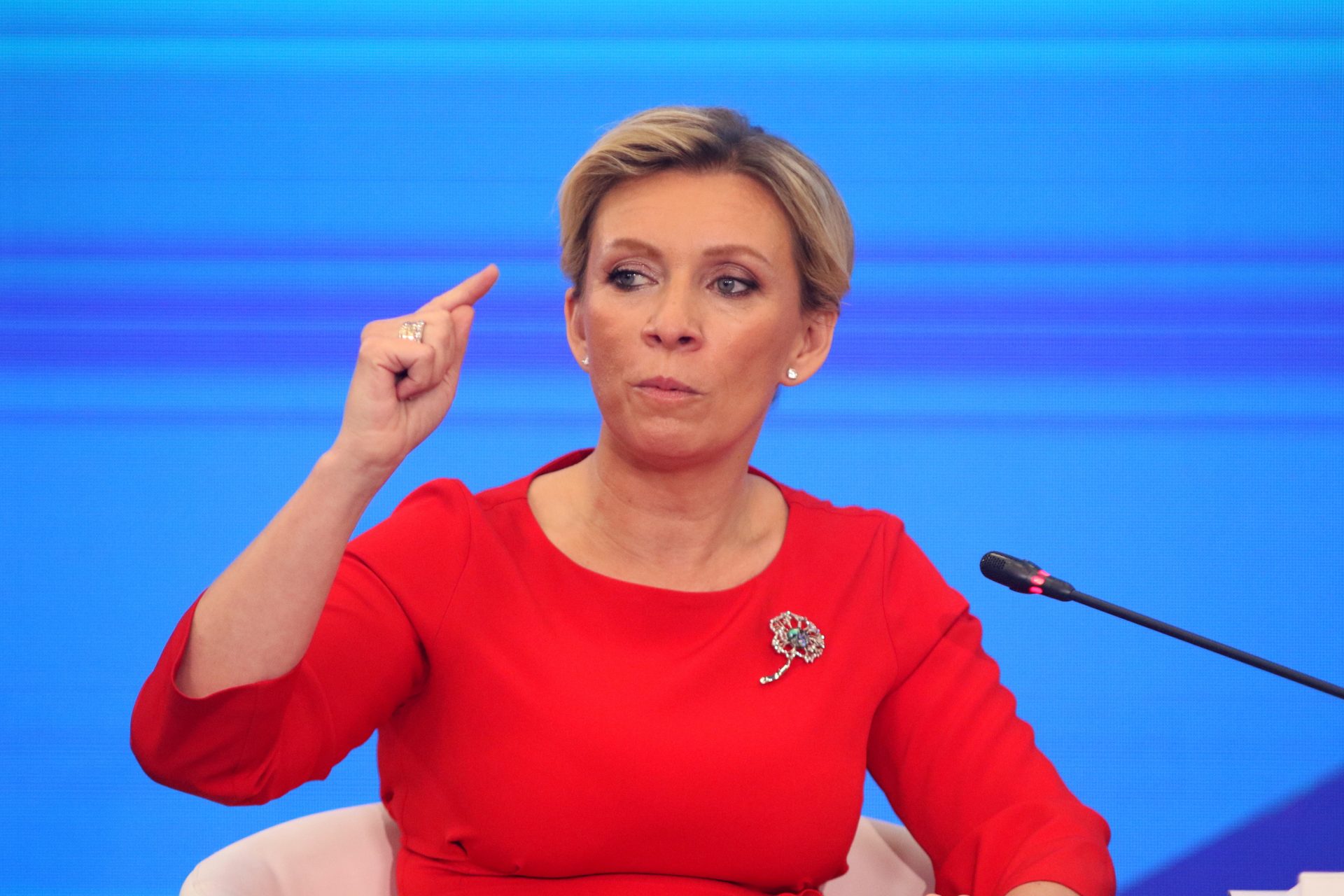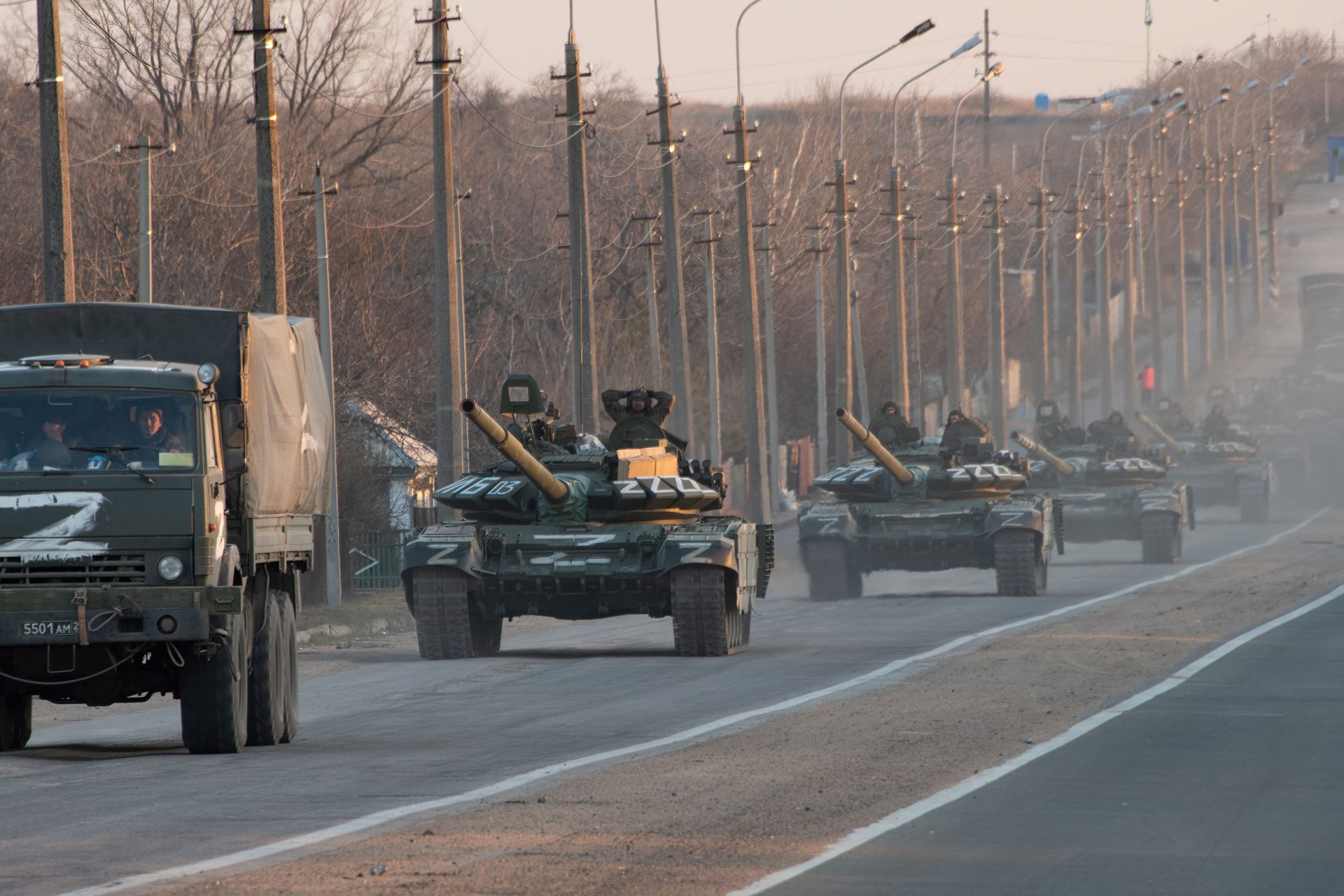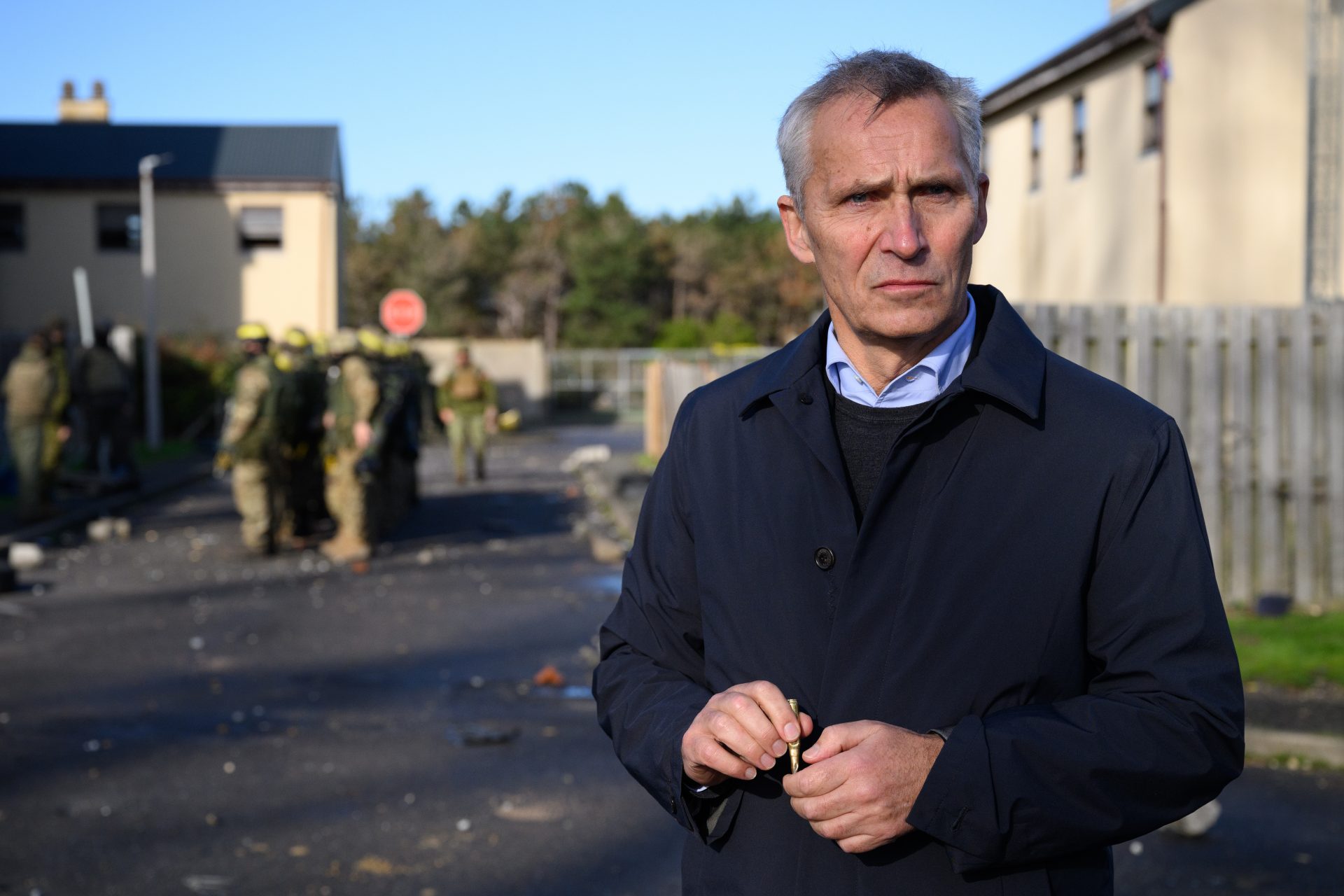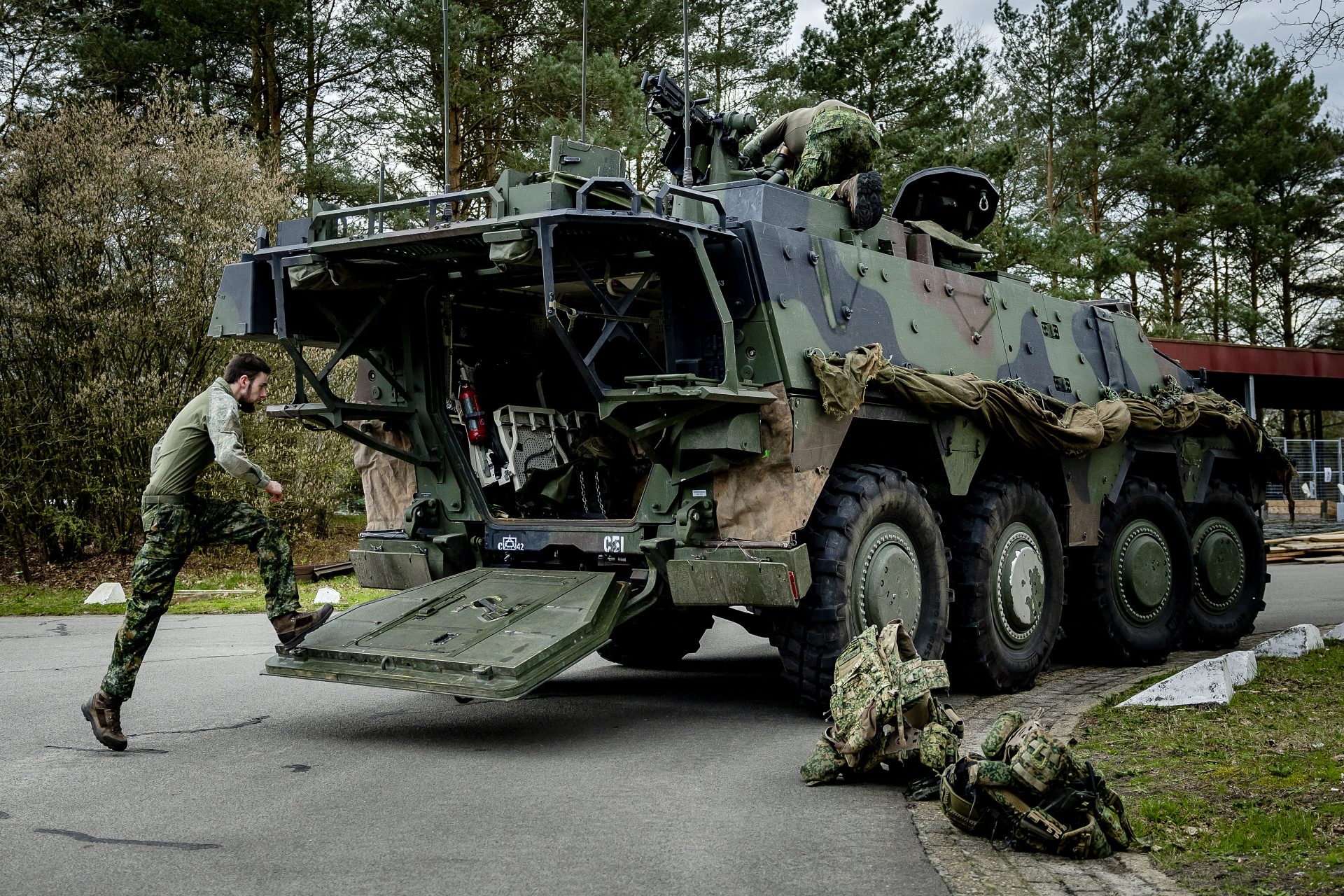If Western countries send troops to Ukraine will it start WWIII?
What would happen if Western countries sent troops to help Ukraine? Would it be the beginning of the end? Would it start World War III?
It is an interesting question and one that political leaders on both sides of the conflict have likely asked but the answer isn't as clear as you might think.
It was always clear from the very outset of the war that Ukraine’s allies in the West were not likely to send soldiers to help aid Kyiv in defending its territory. Material support was all that the Ukrainians could count on from their Western partners.
However, the turning of the war’s tide in Russia’s favor following six months of delays in aid from the United States led French President Emmanual Macron to publicly state that he would not rule out sending French troops to Ukraine in late February 2024.
After a meeting of European leaders in Paris aimed at boosting support for Ukraine, the French President said that a consensus about sending troops to the embattled country had not been reached according to The Kyiv Independent's translation.
“Everything was discussed this evening, in a very free and direct manner. There is no consensus today to send officially, take responsibility for, and endorse ground troops. But in terms of options, nothing should be ruled out,” Macron explained.
"We will do everything needed so Russia cannot win the war,” Macron continued. It was apparent from his comments that the idea of sending Western soldiers to Ukraine had been discussed at the meeting but his conclusions on possibly sending troops to the embattled nation were quickly rebuked by his allies.
The Kyiv Independent noted that the United States and several European nations were quick to reiterate that their public positions were that no soldiers should be sent to aid Ukraine in its defense against Russia. But the idea was in the open.
According to France 24, French Foreign Minister Stephane Sejourne told lawmakers in France that Macron’s February 26th comments were only meant to stir debate and that there was no plan to send troops, but others have warmed to the idea.
On May 8th, Lithuanian Prime Minister Ingrida Šimonytė told Financial Times journalist Andy Bounds that her country was prepared to send soldiers to Ukraine on a training mission and that she already had parliamentary permission to do so.
“If we just thought about the Russian response, then we could not send anything,” Šimonytė said, insinuating that sending troops to Ukraine would be seen as a provocation by Moscow. "Every second week you hear that somebody will be nuked."
Šimonytė’s comments came on the same day that two different high-ranking Russian officials revealed what Russia might do if Western troops were sent to Ukraine following a reaffirmation by Macron on May 2nd of his willingness to send soldiers to Ukraine.
In an interview with The Economist, Macron was asked if he stood by his statement of possibly sending troops to Ukraine to which he replied: “Absolutely. As I said, I’m not ruling anything out, because we are facing someone who is not ruling anything out.”
“Russia cannot win in Ukraine. If Russia wins in Ukraine, there will be no security in Europe. Who can pretend that Russia will stop there?” Macron went on to explain, “What security will there be for the other neighboring countries.”
Macron added that if Russia were to break through Ukrainian lines and if Kyiv were to make a request, then leaders would “legitimately have to ask ourselves” whether or not to send troops to Ukraine.
Russian Foreign Ministry Spokeswoman Maria Zakharova quickly reacted to Macron’s remarks and said: “If the French appear in the conflict zone, they will inevitably become targets for the Russian armed forces,” according to Reuters.
Kremlin Press Secretary Dmitry Peskov also commented on Marcon's remarks, saying: “They are talking about the readiness and even the intention of sending armed contingents to Ukraine — that is, in fact, to put NATO soldiers in front of the Russian military.”
“This is a completely new round of escalating tensions. It is unprecedented and requires special measures,” Peskov added.
Whether or not Russia would end up targeting NATO soldiers sent to Ukraine is unknown but it is unlikely the world will ever find out the answer since NATO General Secretary Jens Stoltenberg made it clear on May 8th that NATO has no plans to send troops to Ukraine.
"NATO has no intention of sending troops to Ukraine. When I visited Ukraine last week, the Ukrainians didn’t ask for NATO troops – they asked for more military aid," Stoltenberg stressed in an interview with Italy’s ASNA according to Ukrainska Pravda.
More for you
Top Stories



